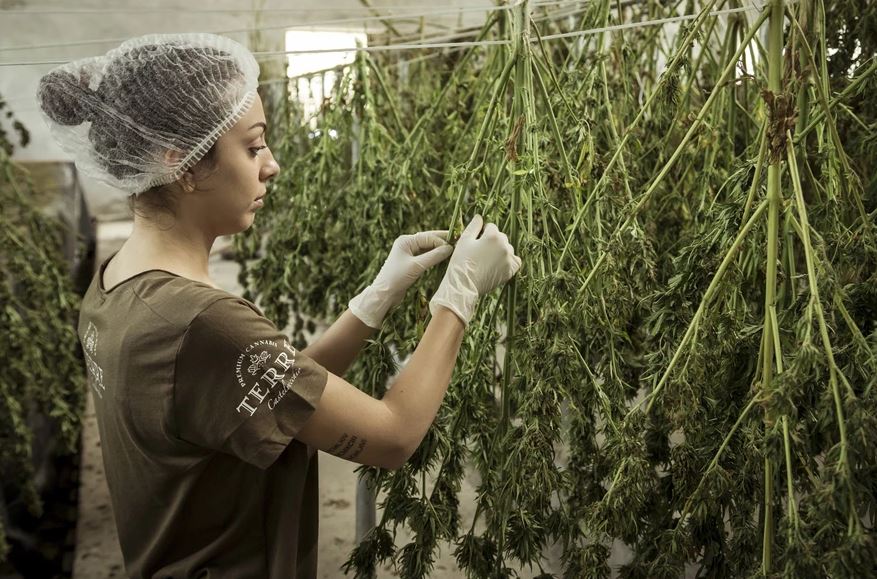 By Brad Polumbo
By Brad Polumbo
Politicians defending the criminalization of recreational marijuana use have long riled up voters with dire warnings that the substance acts as a “gateway drug.” They insist that even if deaths directly caused by marijuana usage are virtually nonexistent, pot will eventually lead many users to more dangerous drugs.
President Biden himself has long made this claim, stating in 2010 that “I still believe [marijuana] is a gateway drug.” Only in 2019, while campaigning for president, did Biden begin to walk back this position. Yet he still does not fully support federal marijuana legalization. And the “gateway” position is still held by many other politicians clinging to their opposition to a widely popular legalization movement. For example, Republican Congressman Andy Harris recently referred to marijuana as “a known gateway drug to opioid addiction” while arguing against legalization.
However, a new study suggests that the notion that marijuana is a “gateway drug” is little more than political fiction.
Economists examined the impact that recreational marijuana laws passed in 18 states and the District of Columbia have had on metrics key to the “gateway” narrative. The analysis is the first to “comprehensively examine the broader impacts of state recreational marijuana laws (RMLs) on a wide set of outcomes related to hard drug use, including illicit nonmarijuana related consumption, drug-related arrests, arrests for property and violent offenses, mortality due to drug-related overdoses, suicides, and admissions for drug addiction-related treatment.”
Across four different nationwide databases, the researchers “find little consistent evidence” that recreational marijuana laws have gateway effects to hard drugs. The study finds “little compelling evidence to suggest” that marijuana legalization leads to more increases in drug use, arrests for hard drug offenses, drug overdoses, or admissions for drug addiction treatment.
They say there is even “suggestive evidence that legalizing recreational marijuana reduces heroin- and other opioid-related mortality.” Ultimately, the authors conclude that critics’ fear of marijuana’s supposed “gateway” effect appears “unfounded.”
Unfounded, indeed. But don’t expect critics to change their tune.
The argument for marijuana legalization is, fundamentally, just an argument for personal choice and individual liberty. To oppose the right of Americans’ to decide for themselves, politicians must resort to scare tactics, no matter how many studies debunk their false doomsday narratives.
Like this story? Click here to sign up for the FEE Daily and get free-market news and analysis like this from Policy Correspondent Brad Polumbo in your inbox every weekday.
Source: FEE.org
Brad Polumbo (@Brad_Polumbo) is a libertarian-conservative journalist and Policy Correspondent at the Foundation for Economic Education.
Become a Patron!
Or support us at SubscribeStar
Donate cryptocurrency HERE
Subscribe to Activist Post for truth, peace, and freedom news. Follow us on Telegram, SoMee, HIVE, Flote, Minds, MeWe, Twitter, Gab, Ruqqus and What Really Happened.
Provide, Protect and Profit from what’s coming! Get a free issue of Counter Markets today.